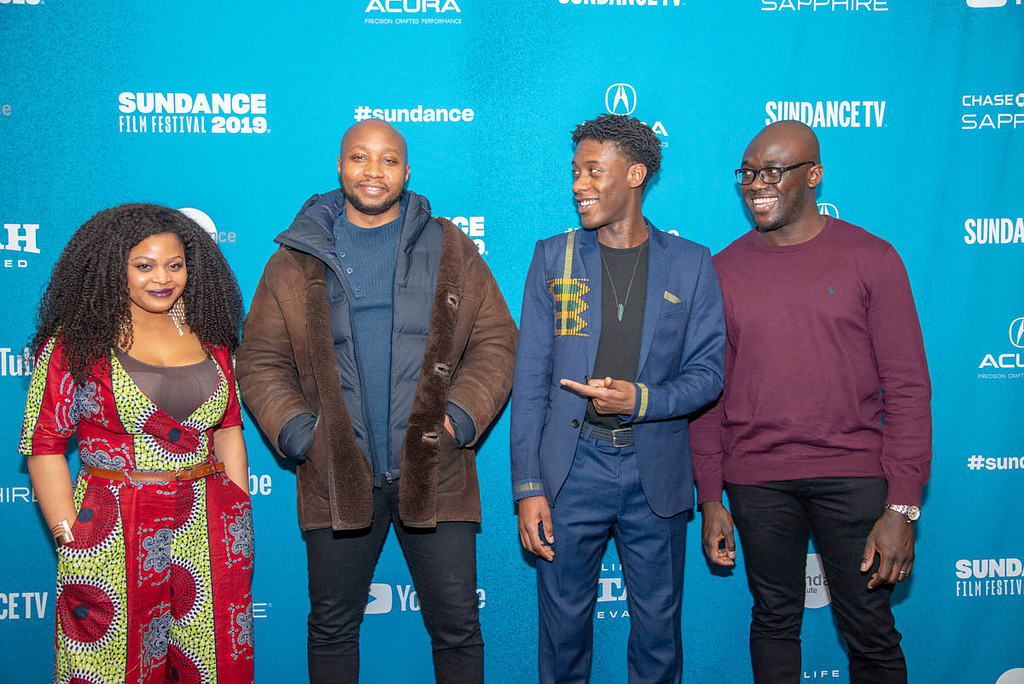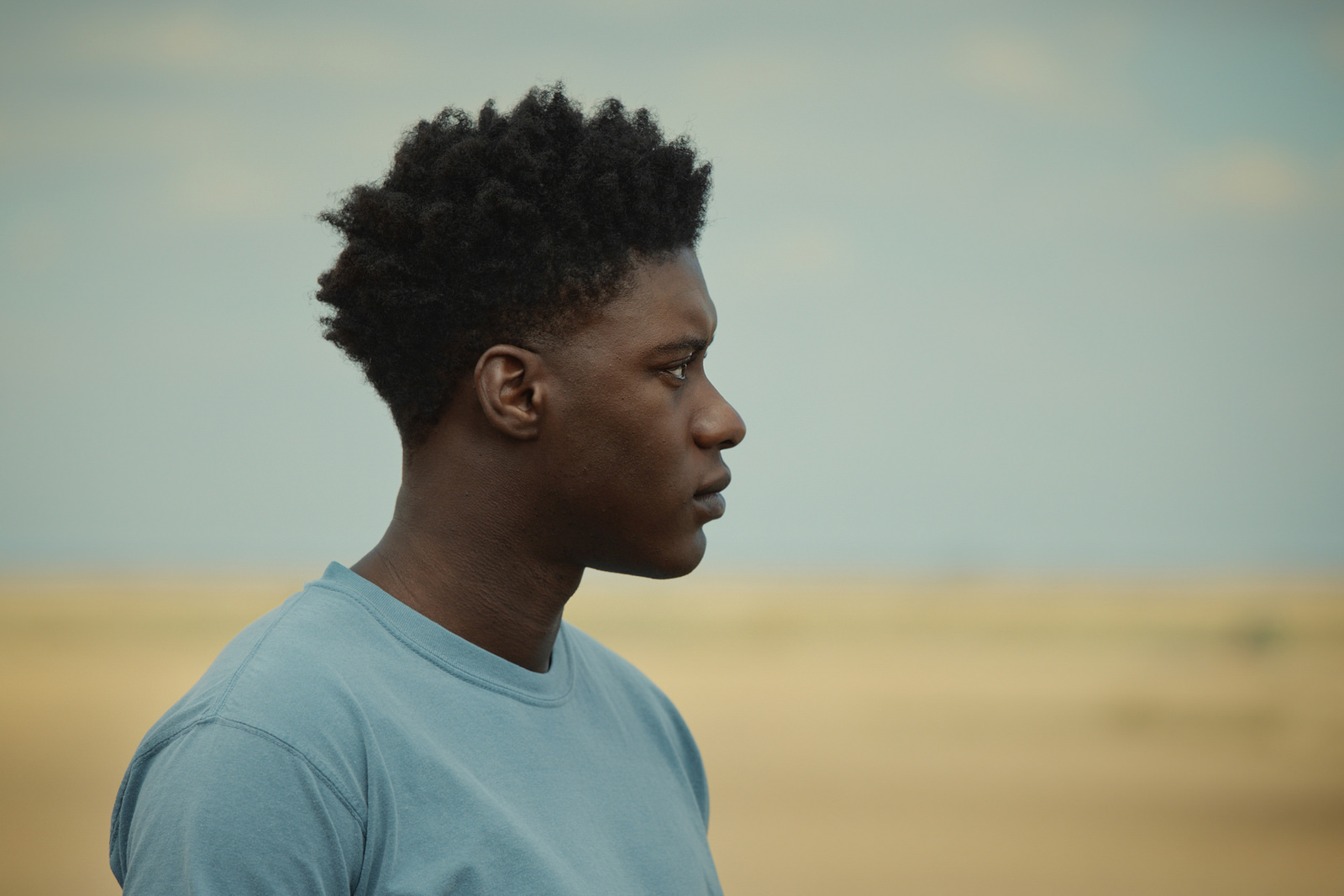
- Festivals
Shola Amoo Returns to Sundance with ‘The Last Tree ‘
The Last Tree, presented in the World Drama section at this year’s Sundance festival, is written and directed by Shola Amoo and is a semi-autobiographical film. Femi (played by Sam Adewunmi), is a British kid of Nigerian heritage: he is 10 years old when, after a happy childhood in the rural white idyllic community of Lincolnshire, he moves to a diverse, poorer inner London neighborhood to live with his biological mother. Unfamiliar with the new culture and environment surrounding him, Femi spends his teenage years (Adewunmi plays the older Femi) trying to find the path to his identity and adulthood.
“There are definitely elements from my own life,” says Amoo during our meeting at the Sundance Film Festival Co-Op on Main Street in Park City. “I was also a foster child and then I had to move to live with my biological mom. I wanted to explore that process in the film, moving a young boy from one space to another, someone who is conflicted about where he’s living now and what his identity is and how he has to learn to grow up.”
he Last Tree was not an easy film to bring to the screen, explains the filmmaker whose first short film A Moving Image premiered in Sundance in 2017. “We had support from BFI [British Film Institute], and we were in development with them for some time. Initially, it was supposed to be a small film, but then the story got bigger and bigger and evolving, with more locations and characters, and we just needed more money. We started working independently with the BFI, and we got the financing through BFI and Great Point Media.”

angus young/sundance institute
Sam Adewunmi, a British Nigerian actor, born in London and raised by his single mother and a grandmother who never learned English and only spoke to her grandson in her native Yoruba language, talks enthusiastically about the project: “I related immediately to this story, it talked to me deep inside,” says the actor, sitting next to Amoo, a beer in their hands. “It spoke to me on many levels. There’s the theme of identity and figuring out who you are and where you are from, which I think is a universal theme for young people around the world. Femi’s story starts when he’s 16, a very challenging time and a lot of hormones and stuff! [he laughs]. Well, just trying to figure out your place in the world, and I can definitely relate to that. But I also relate to being raised by a single mother and trying to get through London without getting into trouble and following the right path.”
The Last Tree is a film, in Amoo’s words, which ideally touches everybody in the world: “The language of filmmaking is so global, so many communities document and present themselves through films. And we all go into dark rooms, or at least I hope we all continue to go into dark rooms, with a bunch of strangers and watch these documentations of different cultures, different ideas, different philosophies; and I think that is the only way, or one of the key ways to pull down these kinds of barriers, these separations that we have. I think film is really important in providing perspective and insight that you might not be able to access in many ways. We are in Park City and I have no idea how many people here in Utah will have that kind of acknowledgment of the experience that Femi went through in London and his connection to Nigeria. And maybe this film will shed some light on it and bring some understanding. I think the journey that Femi goes on is one where he has a fuller sense of his identity over time and a better understanding of the sacrifices that his mother made for him which he couldn’t fully understand as a kid. And to me, that is the key to understanding this film.”

